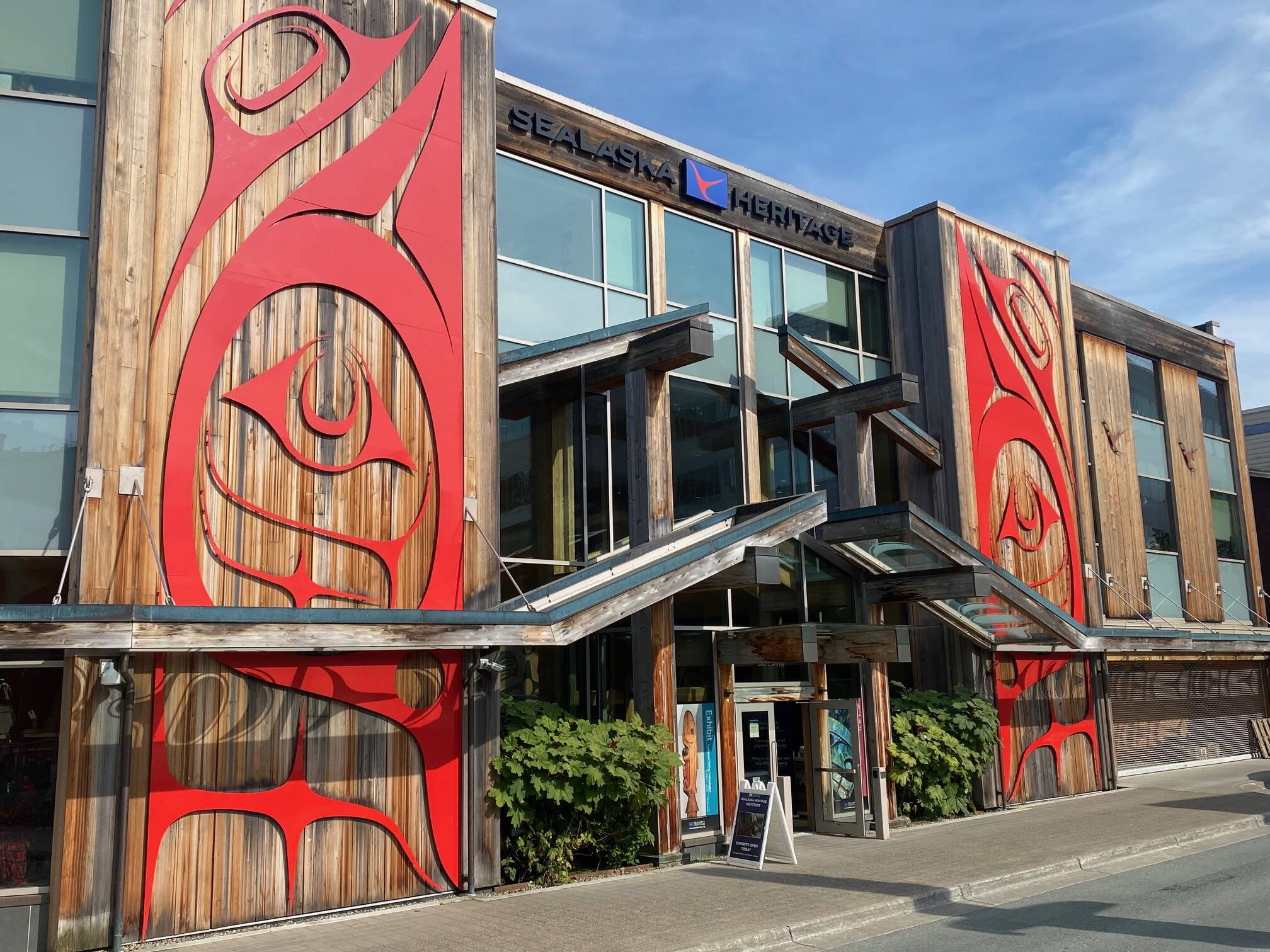As Alaska grapples with a shortage of teachers and high turnover rates, a regional nonprofit is recruiting Alaska Native educators to a new statewide program designed to support and retain them.
Amber Frommherz of Sealaska Heritage Institute said the new initiative, called the Community of Practice program, is a place for educators from around the state to support each other.
“The goal is really to increase their job satisfaction,” said Frommherz, who directs SHI’s education program. “It’s going to be some professional development with this anchor goal of indigenizing education.”
Participants will meet in a small group and take a university course with a professor, with a goal of providing support, sharing ideas and connecting with peers.
Frommherz said that while the national and statewide teacher shortages are new, the need for Alaska Native and American Indian teachers is not.
“That’s been a longstanding need — to have educators teaching their students who look like them, who have shared the same experiences,” she said. “You are just increasing the chances of success when a teacher and student share the same life experiences.”
The project is part of a broader aim to bring Indigenous culture into public schools in order to improve academic performance among Alaska Native students.
Frommherz said studies show that while Alaska Native students may trail behind their peers in school, education that’s geared toward their cultural understanding could shift that disparity. She said the Western model of education used in most schools may not reflect the worldview of all Alaskans. Many children’s books use the example of farms to teach about food and animals, she said, which doesn’t reflect the Alaskan experience. She said books about fishing or berry picking could make the education system more welcoming to Alaska Native students, and even improve student outcomes.
A recent study also shows that Alaska Native teachers are more likely to stay in jobs in rural and predominantly Alaska Native communities, suggesting the benefit is mutual.
The state of Alaska has acknowledged that its teacher shortage is an emergency issue and has been working with contractors to address teacher recruitment and retention for years. Sealaska Heritage Institute’s program is taking aim at a solution that will specifically empower Alaska Native educators.
Rosita Worl, SHI’s president, said that the institute wants to support them through community and professional resources.
“Our Alaska Native teachers are doing groundbreaking work in teaching Indigenous students through a cultural world view, but that work can be lonely,” she said in a news release.
The educators who participate in the program will take a course through the University of Alaska Southeast, taught by education professor Angela Lunda. They will document their experiences over the course of the nine-month program. Sealaska Heritage Institute plans to write a research paper based on their observations. The cohort will also present its findings at the Indigenous Education Research Conference at the University of New Mexico in April of next year.
Just under 30 educators have applied for the program. Frommherz said Sealaska Heritage Institute is planning to select 10, but there may be room for more.
• Claire Stremple is a reporter based in Juneau who got her start in public radio at KHNS in Haines, and then on the health and environment beat at KTOO in Juneau. This article originally appeared online at alaskabeacon.com. Alaska Beacon, an affiliate of States Newsroom, is an independent, nonpartisan news organization focused on connecting Alaskans to their state government.

